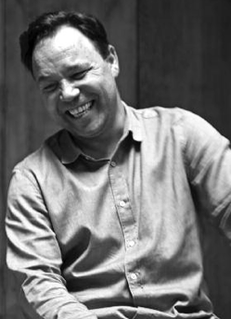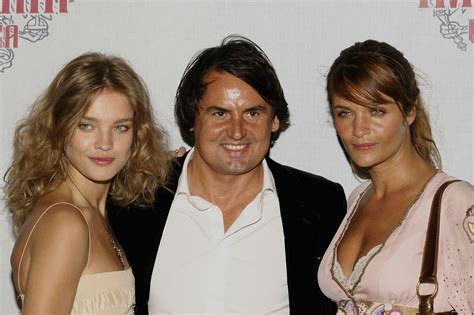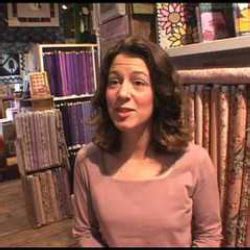A Quote by Matt Groening
The best stories in our culture have some sort of subversiveness - Mark Twain, 'Catcher in the Rye.' You provide kids with great stories and teach them how to use the tools to make their own.
Related Quotes
So I found myself telling my own stories. It was strange: as I did it I realised how much we get shaped by our stories. It's like the stories of our lives make us the people we are. If someone had no stories, they wouldn't be human, wouldn't exist. And if my stories had been different I wouldn't be the person I am.
The language of the culture also reflects the stories of the culture. One word or simple phrasal labels often describe the story adequately enough in what we have termed culturally common stories. To some extent, the stories of a culture are observable by inspecting the vocabulary of that culture. Often entire stories are embodied in one very culture-specific word. The story words unique to a culture reveal cultural differences.
We are shaped by stories from the first moments of life, and even before. Stories tell us who we are, why we are here, and what will become of us. Whenever humans try to make sense of their experience, they create a story, and we use those stories to answer all the big questions of life. The stories come from everywhere--from family, church, school, and the culture at large. They so surround and inhabit us that we often don't recognize that they are stories at all, breathing them in and out as a fish breathes water.
I usually make up stories for my kids.I like to tell them stories and make up any kind of crazy to involve them in characters. The kind of fairytales I don't like are the ones with happy endings, where there's just good and evil and things are perfect. I think when there's a good story for children it has a moral tale, so that's what I try to teach my kids.
Many people don’t realize the extent to which stories influence our behavior and even shape our culture. Think about how Bible stories teach the fundamentals of religion and rules of conduct. Think of the fables and parables that molded your values. Think of how stories about your national, cultural or family history have shaped your attitudes about yourself and others.
We live in a world where bad stories are told, stories that teach us life doesn't mean anything and that humanity has no great purpose. It's a good calling, then, to speak a better story. How brightly a better story shines. How easily the world looks to it in wonder. How grateful we are to hear these stories, and how happy it makes us to repeat them.
We don't think much about how our love stories will affect the world, but they do. Children learn what's worth living for and what's worth dying for by the stories they watch us live. I want to teach our children how to get scary close, and more, how to be brave. I want to teach them that love is worth what it costs.
Anyway, I keep picturing all these little kids playing some game in this big field of rye and all. Thousands of little kids, and nobody's around - nobody big, I mean - except me. And I'm standing on the edge of some crazy cliff. What I have to do, I have to catch everybody if they start to go over the cliff - I mean if they're running and they don't look where they're going I have to come out from somewhere and catch them. That's all I do all day. I'd just be the catcher in the rye and all. I know it's crazy, but that's the only thing I'd really like to be.
Storytelling is how we survive, when there's no feed, the story feeds something, it feeds the spirit, the imagination. I can't imagine life without stories, stories from my parents, my culture. Stories from other people's parents, their culture. That's how we learn from each other, it's the best way. That's why literature is so important, it connects us heart to heart.


































